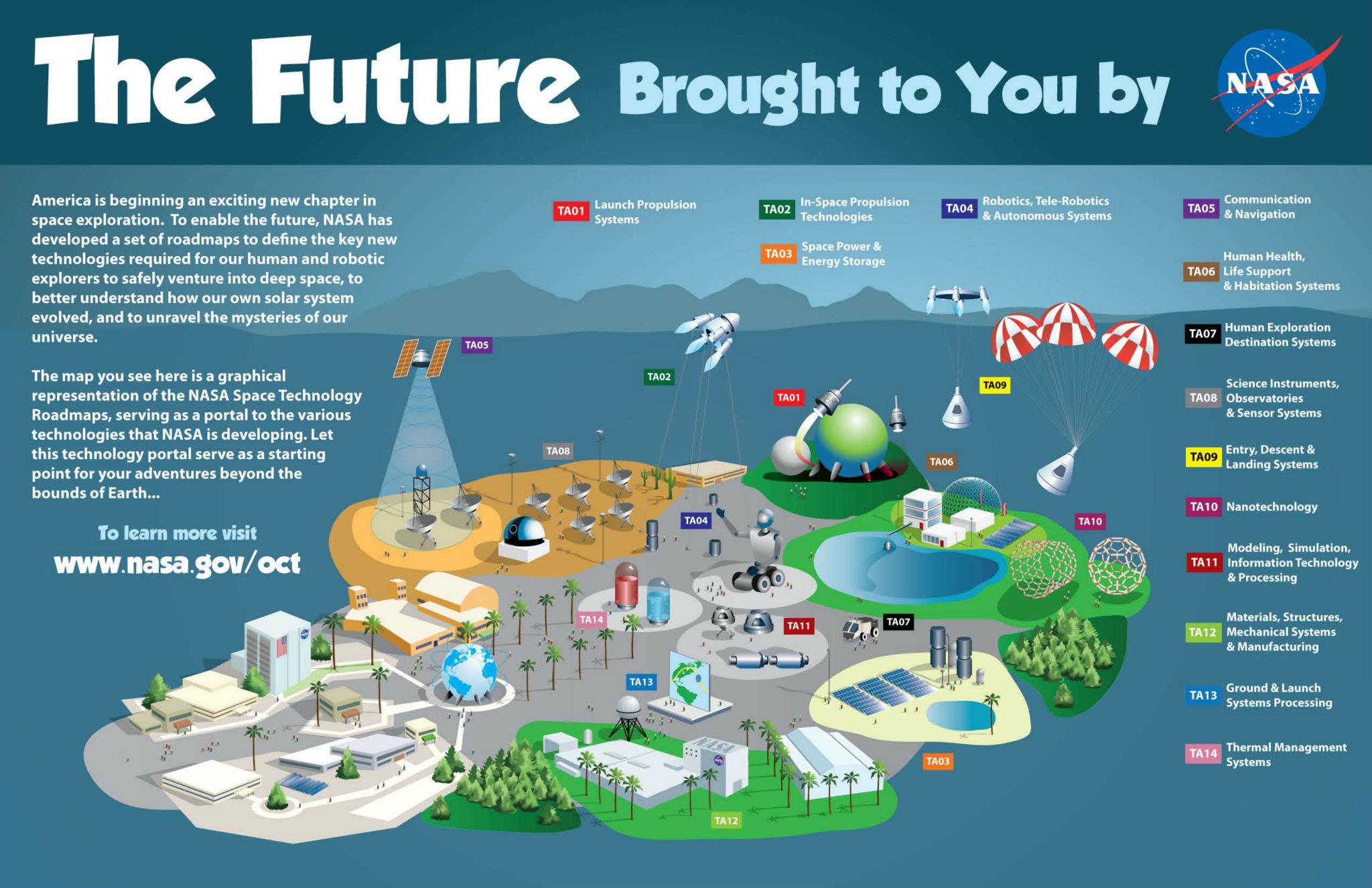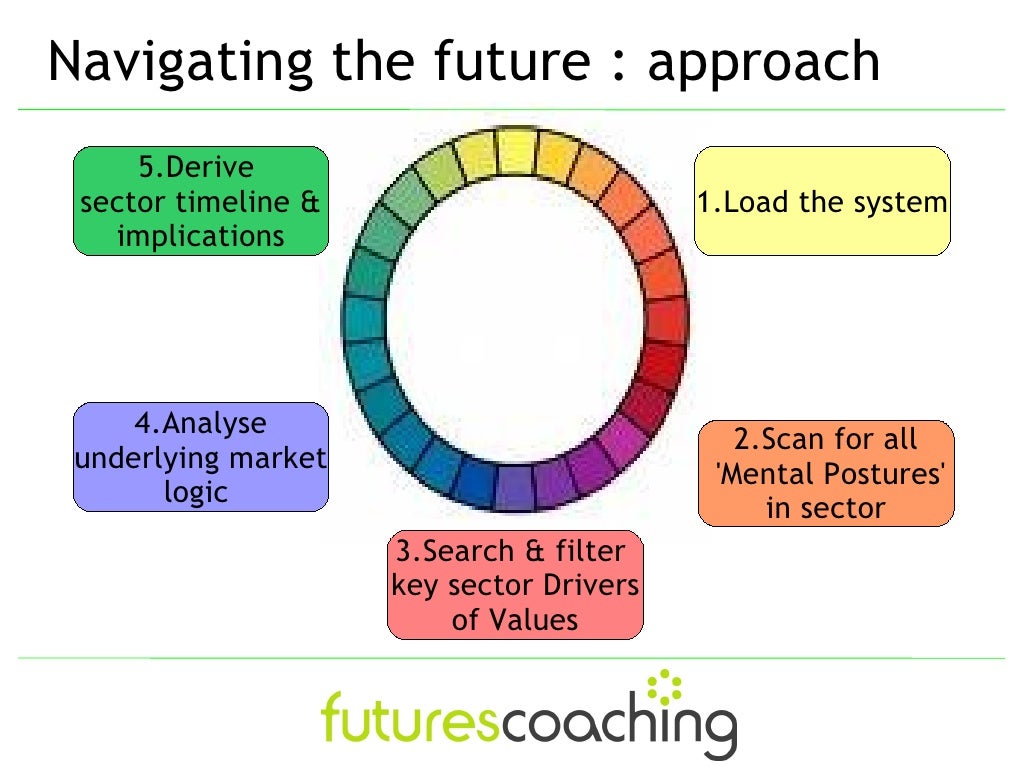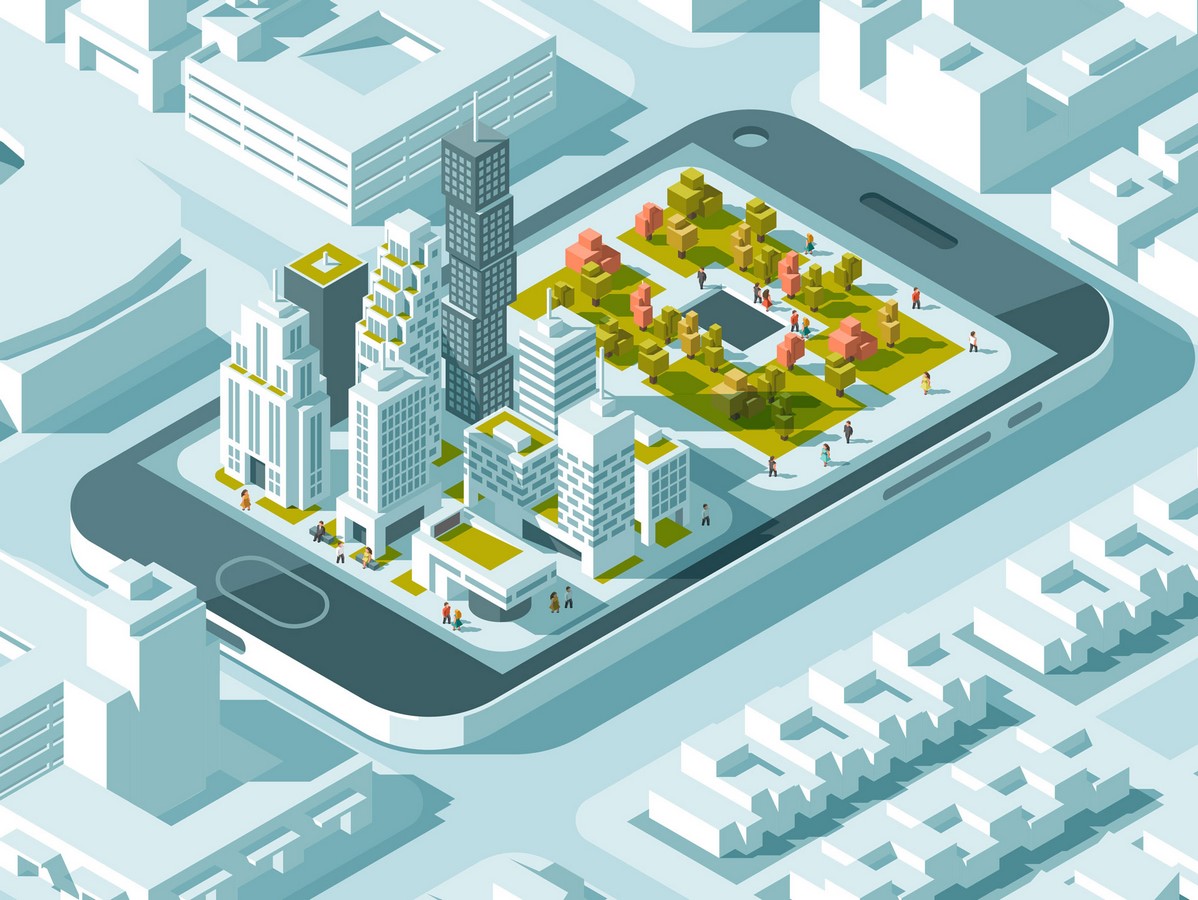Navigating the Future: Exploring the Landscape of 2025
Navigating the Future: Exploring the Landscape of 2025
Introduction
In this auspicious occasion, we are delighted to delve into the intriguing topic related to Navigating the Future: Exploring the Landscape of 2025. Let’s weave interesting information and offer fresh perspectives to the readers.
Table of Content

Navigating the Future: Exploring the Landscape of 2025
The year 2025 is rapidly approaching, bringing with it a landscape of technological advancements, societal shifts, and evolving global dynamics. To navigate this future effectively, understanding the key trends and their implications is paramount. This article delves into the potential developments across various sectors, analyzing their impact and potential benefits.
Technology: A Catalyst for Transformation
Technology continues to be a driving force shaping the future. By 2025, we can expect significant advancements in areas such as:
- Artificial Intelligence (AI): AI is poised to permeate numerous aspects of life, automating tasks, enhancing decision-making, and personalizing experiences. From healthcare to finance, AI will revolutionize industries, leading to increased efficiency and improved outcomes.
- Internet of Things (IoT): The interconnectedness of devices will reach new heights, enabling seamless data exchange and real-time monitoring. This will lead to smarter cities, optimized energy consumption, and enhanced infrastructure management.
- Virtual and Augmented Reality (VR/AR): These technologies will transform entertainment, education, and training. Immersive experiences will become increasingly accessible, blurring the lines between the physical and digital realms.
- Quantum Computing: This emerging technology holds the potential to solve complex problems that are currently intractable for classical computers. Its applications could revolutionize fields like drug discovery, materials science, and cryptography.
Societal Shifts: Embracing a New Normal
The technological advancements will inevitably lead to significant societal shifts. Key trends to watch for include:
- The Rise of the Gig Economy: The traditional employment model is evolving, with freelancing and contract work becoming increasingly prevalent. This shift necessitates adaptability and a focus on continuous learning.
- Globalization and Interconnectedness: The world will become increasingly interconnected, fostering collaboration and knowledge sharing across borders. This presents both opportunities and challenges, requiring effective global governance and ethical considerations.
- Sustainability and Climate Change: Environmental concerns will continue to be at the forefront. Sustainable practices, renewable energy sources, and responsible consumption will be crucial for a healthy planet.
- Demographic Changes: Aging populations, urbanization, and migration patterns will necessitate adjustments to social structures and infrastructure.
The Global Landscape: Navigating Complexity
The global landscape will be characterized by:
- Geopolitical Shifts: The balance of power may shift as emerging economies gain influence. This will require diplomacy, collaboration, and a nuanced understanding of international relations.
- Economic Disruptions: The rise of automation and artificial intelligence may lead to job displacement and economic inequality. Addressing these challenges will require proactive policies and social safety nets.
- Cybersecurity Threats: The increasing reliance on technology creates vulnerabilities to cyberattacks. Robust cybersecurity measures will be essential to protect individuals, organizations, and critical infrastructure.
Navigating the Future: Opportunities and Challenges
Understanding the potential developments in 2025 presents both opportunities and challenges.
Opportunities:
- Innovation and Entrepreneurship: The rapidly evolving landscape creates fertile ground for innovation and entrepreneurship. New business models, technologies, and solutions will emerge, driving economic growth and societal progress.
- Improved Quality of Life: Technological advancements have the potential to enhance quality of life through improved healthcare, education, and access to information.
- Global Collaboration: The interconnectedness of the world fosters collaboration and knowledge sharing, leading to solutions for global challenges.
Challenges:
- Job Displacement: Automation and AI may lead to job losses, requiring retraining and skills development to adapt to the changing workforce.
- Ethical Concerns: Advancements in AI and other technologies raise ethical concerns regarding privacy, bias, and potential misuse.
- Social Inequality: The benefits of technological advancements may not be evenly distributed, leading to increased social inequality.
FAQs
What are the key technological advancements expected by 2025?
By 2025, advancements in artificial intelligence, the Internet of Things, virtual and augmented reality, and quantum computing are expected to transform various industries and aspects of daily life.
How will societal shifts affect the future?
The rise of the gig economy, increased globalization, growing environmental concerns, and changing demographics will necessitate adaptation and innovation in social structures and infrastructure.
What are the potential geopolitical implications of the evolving global landscape?
The balance of power may shift as emerging economies gain influence, requiring diplomacy, collaboration, and a nuanced understanding of international relations.
How can we address the challenges posed by technological advancements?
Proactive policies, retraining programs, ethical guidelines, and social safety nets are crucial to address challenges like job displacement, ethical concerns, and social inequality.
Tips for Navigating the Future
- Embrace lifelong learning: Continuously acquire new skills and knowledge to adapt to the evolving job market.
- Develop critical thinking skills: Analyze information, assess risks, and make informed decisions in a complex and rapidly changing world.
- Cultivate adaptability and resilience: Embrace change, adapt to new situations, and bounce back from setbacks.
- Engage in ethical discussions: Participate in conversations about the ethical implications of technological advancements and advocate for responsible development.
- Promote global collaboration: Foster cooperation and understanding across cultures and borders to address shared challenges.
Conclusion
2025 is poised to be a pivotal year, characterized by rapid technological advancements, societal shifts, and a complex global landscape. Understanding these trends is crucial for navigating the future effectively. By embracing innovation, adapting to change, and fostering ethical development, we can harness the opportunities presented by 2025 and create a better future for all.








Closure
Thus, we hope this article has provided valuable insights into Navigating the Future: Exploring the Landscape of 2025. We appreciate your attention to our article. See you in our next article!